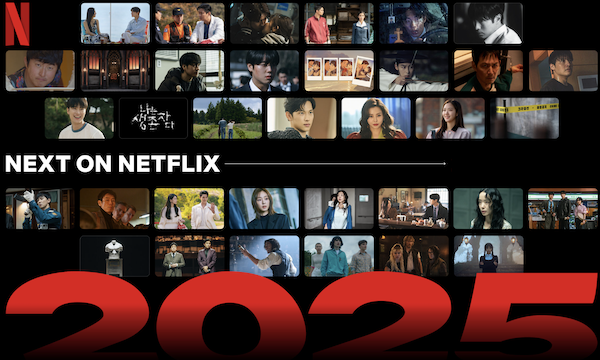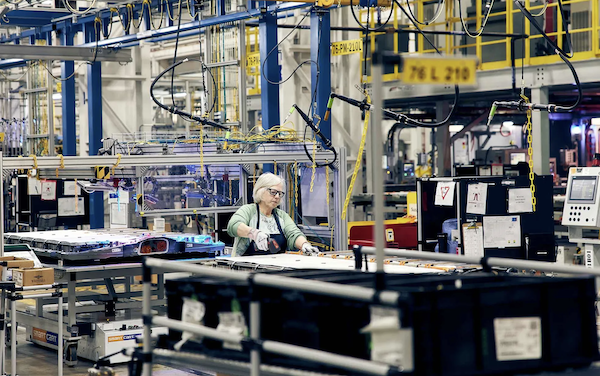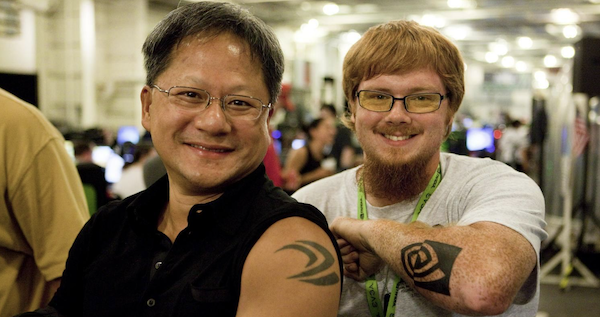Market scorecard
US markets ended slightly lower yesterday, giving up early gains after trade talks between the US and EU made "little progress". Earlier in the day China halted Boeing orders from the US. After the market close Nvidia was in the crossfire again as new restrictions on AI chip exports to China were announced.
In company news, Pfizer has abandoned a weight-loss candidate drug after a participant in its study suffered liver injuries. Elsewhere, Bank of America and Citigroup both posted good earnings. BofA climbed 3.6%, while Citi rose 1.8%.
In summary, the JSE All-share was up 0.91%, the S&P 500 fell by just 0.17%, and the Nasdaq was only 0.05% lower. That's acceptable.
Our 10c worth
One thing, from Paul

We've spent most of our time recently writing about politics and trade relations in this newsletter. We should be focusing more on company reporting. After all, we own quality stocks which should thrive regardless of current conditions.
The Wall Street Journal reported yesterday that Netflix executives are aiming to double its revenue by 2030, and hit a market capitalisation of $1 trillion. This information comes from a memo presented at their annual business review meeting last month.
They also revealed plans to accelerate their advertising business, which has been slow to take off considering their large subscriber base (over 300 million homes). It's only bringing in about $1.8 billion now, just 5% of the company's total revenue.
We want to own companies that expect significant top-line growth. Netflix has a market cap of around $400 billion now, so this new stretch goal is music to our ears!
Netflix will publish its next set of quarterly results this coming Thursday night, after the market close.
Michael's musings

New technologies don't just happen, they need to be created. GM has spent eight years and $35 billion building out its electric vehicle division. This includes investing in lithium mines and partnering with LG to build battery factories. They have had to tweak their electric motor designs and completely retool factories to produce EVs.
For GM this is a life or death bet, as their market cap is only $44 billion. This shows the risks that come with capitalism; companies need to make massive investments in future technology, that they don't know ahead of time if those bets will pay off. In GM's case, EVs seemed like a sure bet eight years ago. Governments were dishing out tax incentives and implementing legislation to ban internal combustion engines (ICE) and hybrid cars in the coming years.
Fast forward to today, and those tax incentives are being rolled back, charging stations aren't as numerous as expected, and consumers still prefer fossil fuel engines. Another huge headwind is how quickly Chinese competitors in the EV sector have scaled up. Building an EV is much easier than an ICE car, meaning many new rivals have entered the market.
Bloomberg ran an interesting article on GM's strategy - GM' has to make its $35 billion EV bet work. A telling side-fact from the article is how few people modern manufacturing employs. There are only 250 people in a factory that runs 24/7, producing 5 000 battery packs an hour. In a Cadillac assembly plant, GM only has 12 people, down from 18.
Bright's banter

Nvidia is pivoting by bringing a significant chunk of its AI chip and supercomputer manufacturing to the US, partnering with TSMC, Foxconn, Wistron, Amkor, and SPIL. The company has committed over a hundred thousand square metres of space across Arizona and Texas, where production is expected to ramp up over the next 12 to 15 months.
Nvidia aims to build the infrastructure needed for the next wave of AI-driven data centers, what Nvidia calls "AI factories." Together with its ecosystem partners, Nvidia is planning to produce up to $500 billion worth of AI infrastructure in the US over the coming years.
By reducing reliance on overseas supply chains, Nvidia is insulating itself from tariff shocks and political friction. It also puts the company in a stronger position to win government and defence contracts, many of which favour US-based manufacturing. And by taking a more active role in its own supply chain, Nvidia gains better control over production quality, capacity, and turnaround times, key in a market where demand is running hot. Note that these initiatives were started under the Biden administration.
Long term, this move bolsters Nvidia's supply chain resilience and supports its broader AI ambitions. It sends a strong signal to investors: Nvidia isn't just riding the AI wave, it's building the hardware backbone for it, on its home turf, with political foresight and industrial scale.
Linkfest, lap it up
Maths plays a role in creativity. How much of your high school geometry can you recall now? - The numbers behind crochet patterns.
BlueSky was built by day dreamers. They aim to build a non-toxic social media platform - LOL.
Signing off
Asian markets slipped into the red today, putting the brakes on a short-lived global rally. The mood turned cautious after the US tightened the screws on China again - this time targeting Nvidia, with fresh restrictions on AI chip exports.
In local company news, Balwin Properties has secured a R1 billion (about $58 million) loan from the International Finance Corporation (IFC), the World Bank's investment arm, to help roll out over 14 500 affordable apartments in Tshwane. South Africa still has a massive need for quality, lower-cost housing.
US equity futures are in the green pre-market. The Rand is trading at R19.05 to the US Dollar.
There's not long to go before the Easter break. Keep pushing!